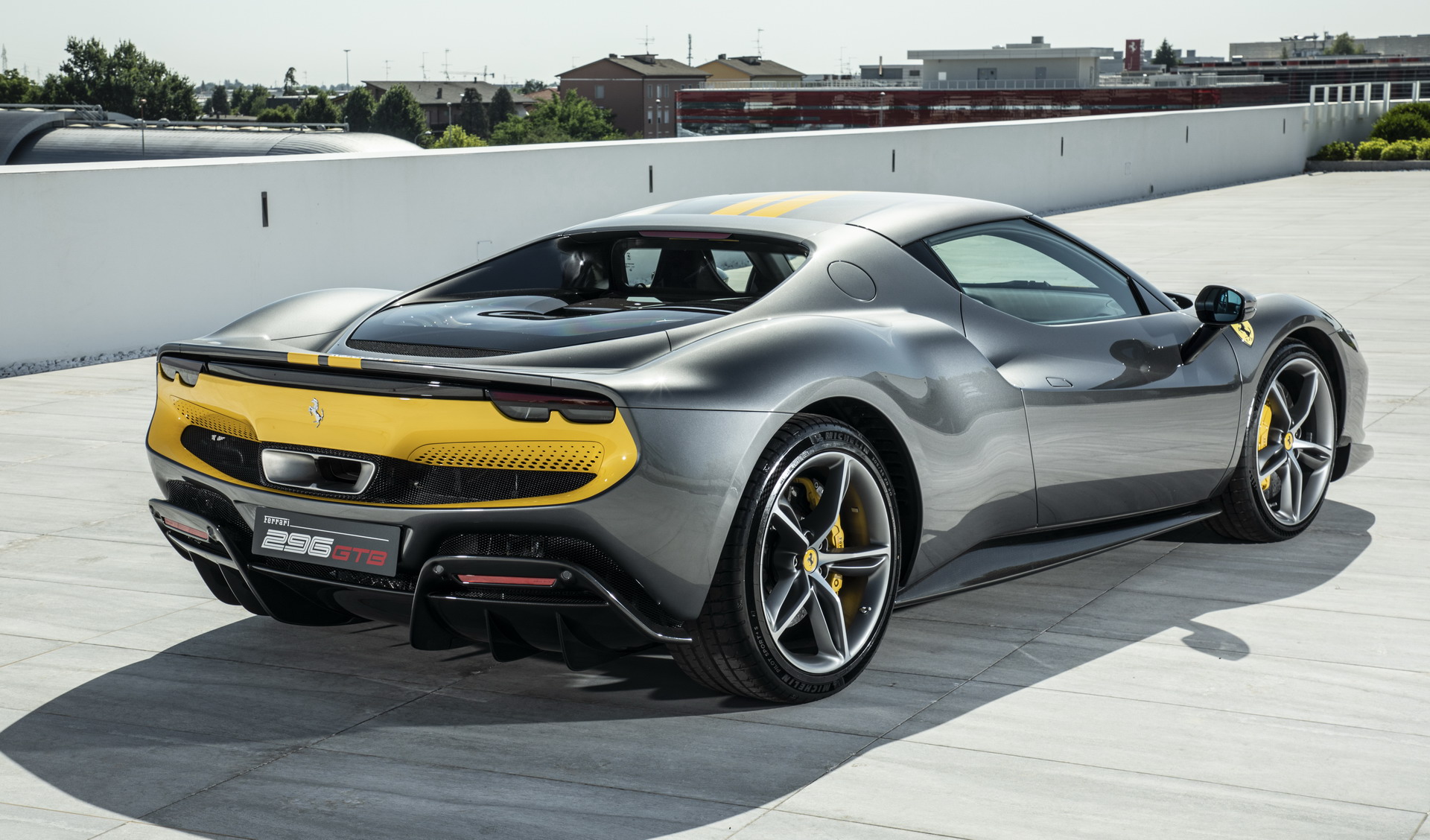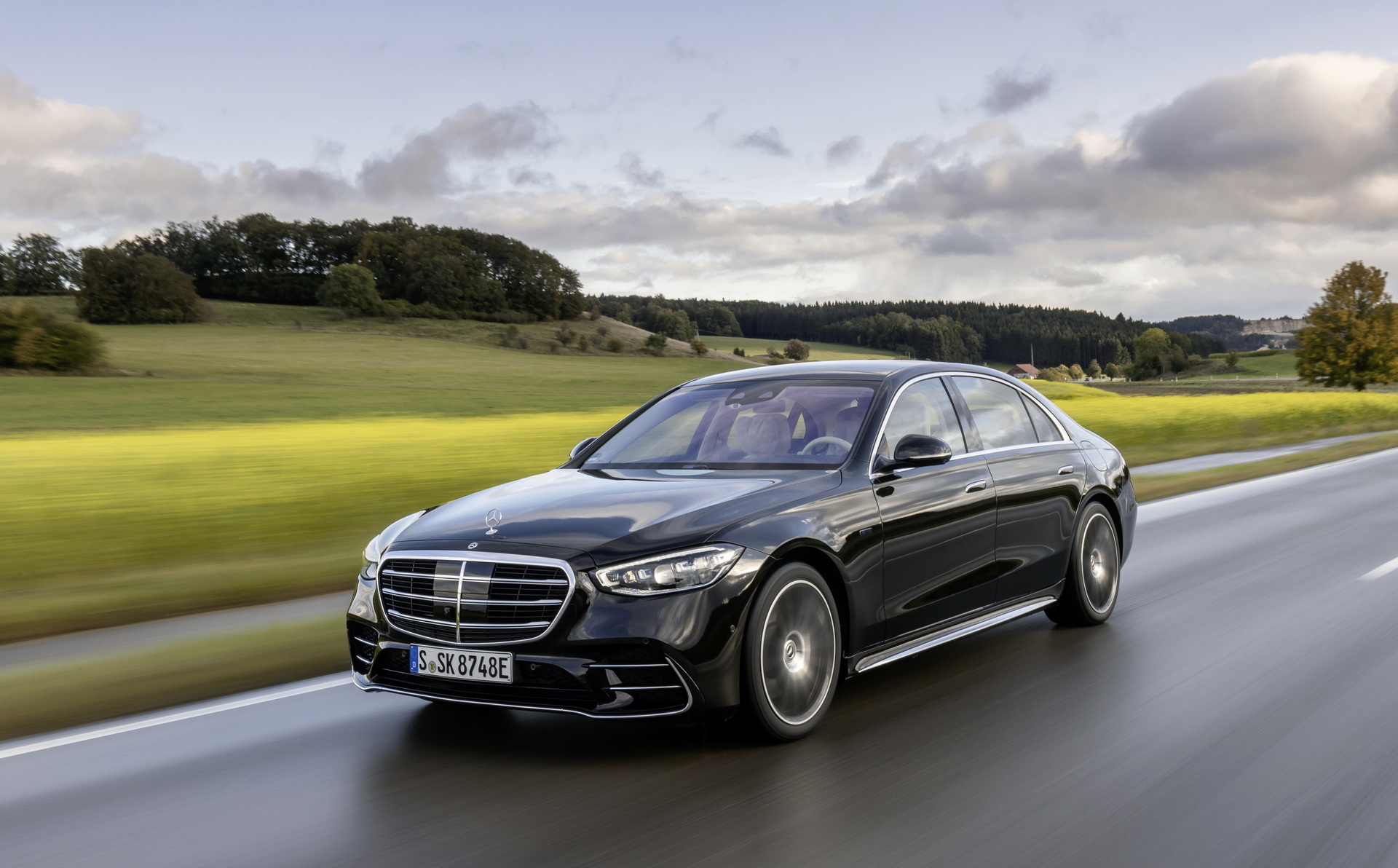A proposed federal tax on luxury vehicles sold in Canada could reduce sales of applicable vehicles by more than half a billion dollars over the coming five years.
The tax would cover vehicles that cost more than CA$100,000 adding either a 10 per cent charge to the full value of the vehicle or a 20 per cent tax on the value of the vehicle above CA$100,000 (equal to $79,000 at current rates), depending on which option is less costly. Australia operates a very similar luxury vehicle tax.
A report from Ottawa’s Parliamentary Budget Officer suggests that the tax could raise CA$572 million ($451 million) for the government through the 2026-27 budget year. However, the PBO report suggests the tax will also reduce sales of new luxury vehicles by up to CA$566 million ($446 million), or approximately CA$125 million ($98 million) annually over the 4.5-year period analyzed.
Autonews Canada notes that the report cautions its forecast is based on changing variables and may not prove to be entirely accurate. It is also hard to determine the blowback from luxury vehicle buyers.
Read Also: Canadian Black Book Predicts Four More Years Of High Prices For Used Vehicles
The proposed tax is facing fierce opposition from dealership groups across Canada. According to president of the Canadian Automobile Dealers Association (CADA), Tim Reuss, such a tax will likely prove to be ineffective.
“Historically, these taxes have never achieved their main goal, which is to raise revenue, and are considered to be ineffective,” he said. “It will be detrimental to the industry, and particularly now amid the pandemic with the sector hard hit and down 20 per cent in 2020. Now is not the time to introduce a new tax, when the auto sector is trying to recover from the crisis.”
A report from Scotiabank suggests the luxury tax may not meet the government’s expectations. The report analyzed British Columbia’s implementation of a provincial sales tax on vehicles costing more than CA$125,000 ($98,700), adding up to 20 per cent to the sales price. Luxury car sales quickly fell after the tax’s implementation, experiencing a five per cent year-over-year contraction despite reporting growth of above 10 per cent year-over-year before the tax was implemented.





